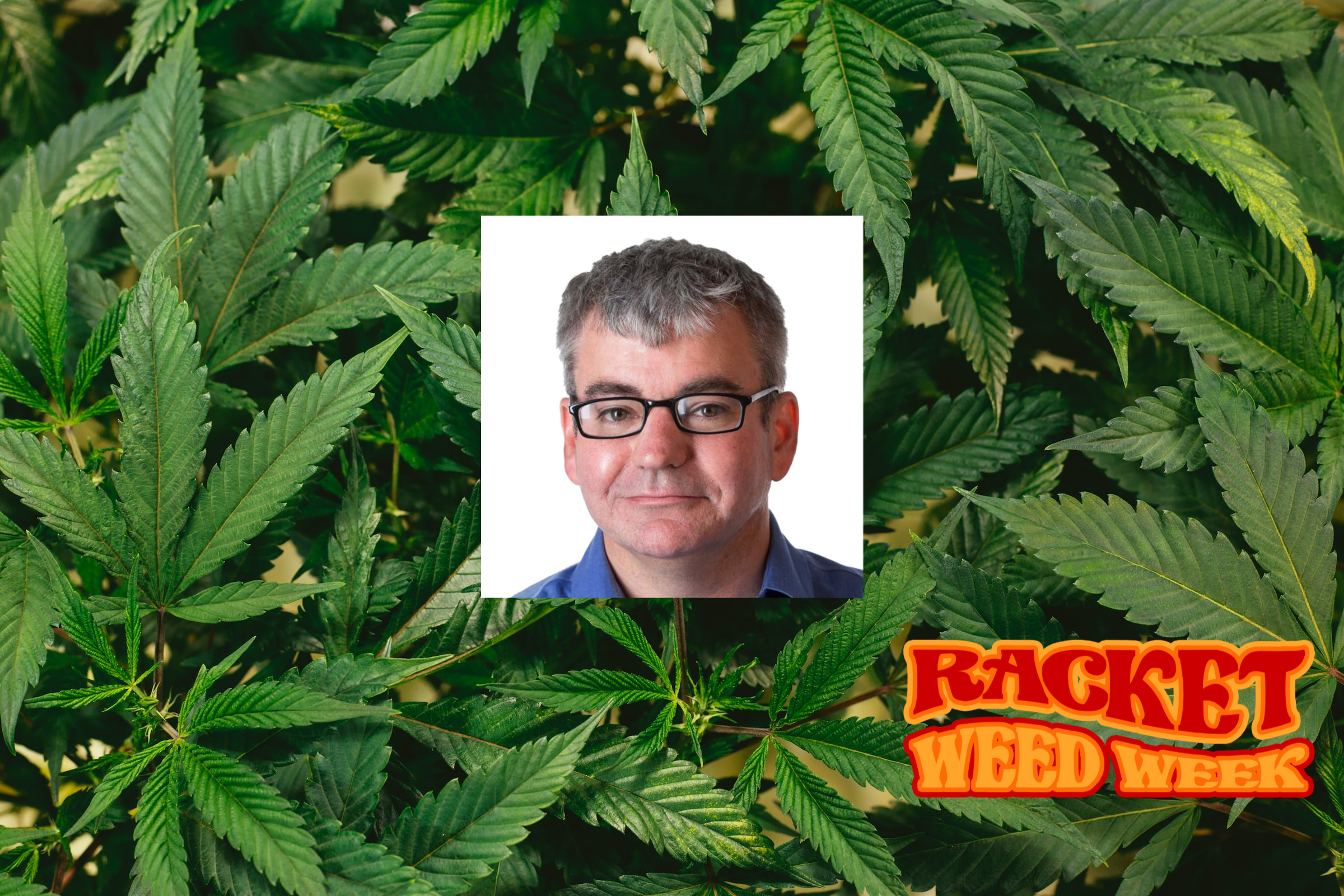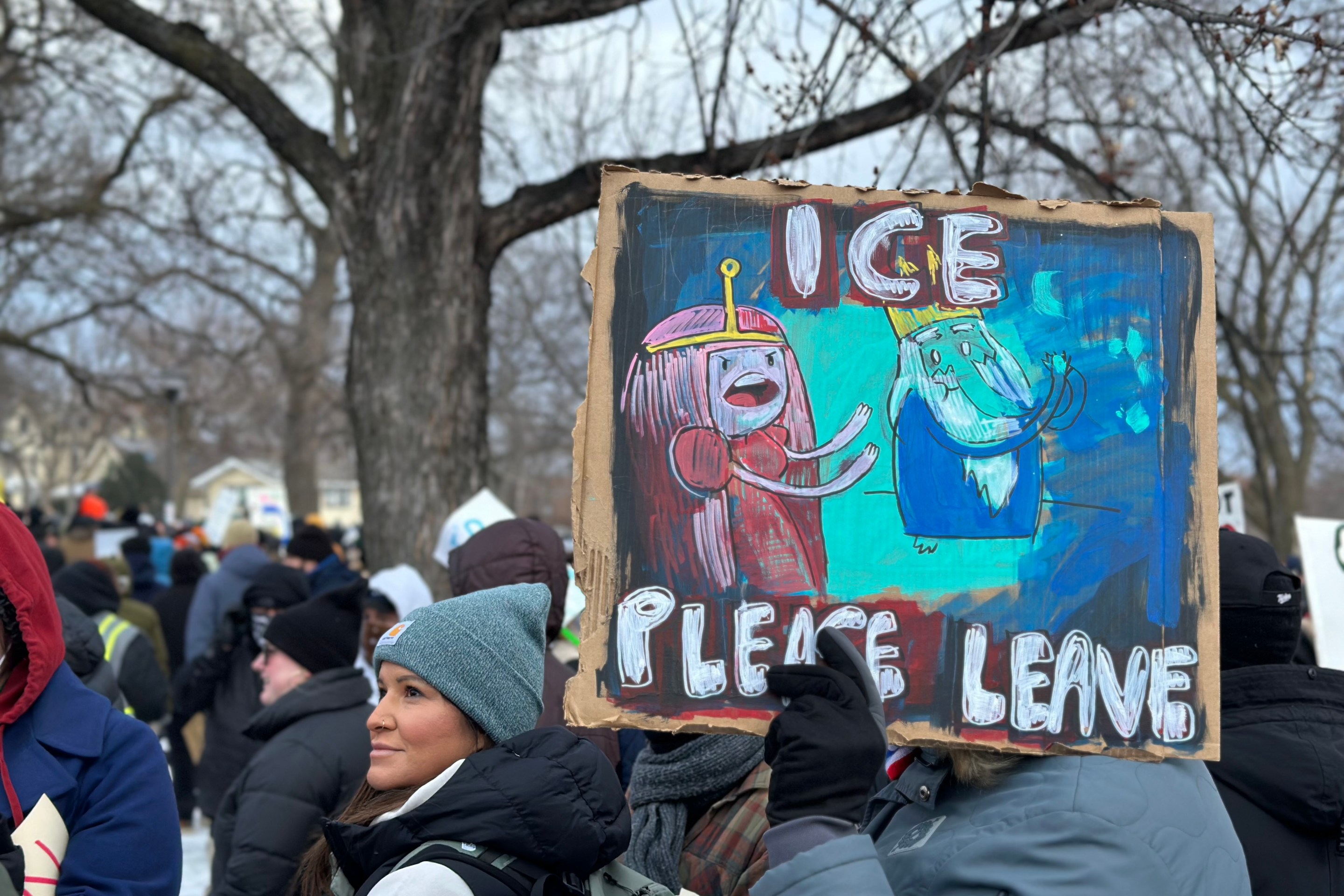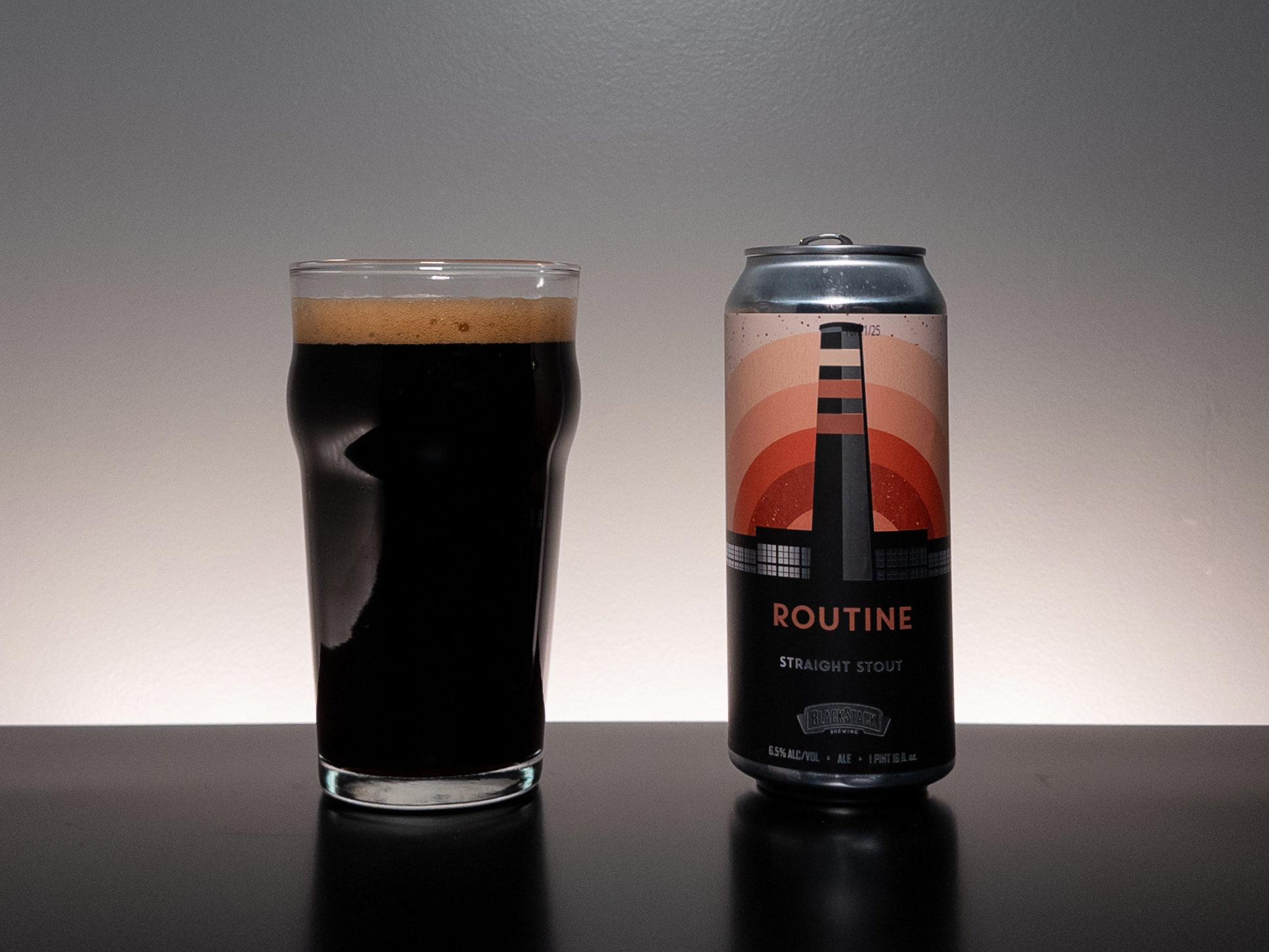When Politico's three-member cannabis desk needed to dispatch someone to explore "Minnesota's Weird Weed Experiment," Paul Demko was the obvious choice.
The veteran reporter worked at City Pages through most of the '00s, before covering the capitol for Politics In Minnesota until 2013. Three years later, he landed a job at Politico and, four years after that, basically created the Washington, D.C. outlet's weed beat from scratch. “I don’t think there’s anything quite like it," in mainstream journalism says Demko, whose official title is now cannabis editor.
We couldn't think of a better source to help analyze the legislative wackiness and subsequent Wild West approach that informed our state's current quasi-legalization.
How’d you arrive at the weed beat?
Back in 2018, I was listening to Slate’s Working podcast, where they interview people about their jobs. They did a whole season about the weed industry in Colorado, and what it kept coming back to was how difficult, challenging, bewildering, and expensive it is to navigate the regulatory climate of cannabis because of federal illegality and the patchwork of state regulations.
At the time, I was a healthcare reporter covering health insurance and just thought, “OK, rapidly growing, multi-billion-dollar, heavily regulated, confusingly regulated industry"—that’s a policy reporter's dream, and nobody is really covering it in a way that really reflects that dynamic. You read coverage and it’s like, "OK, let’s make bad weed puns." I thought there was an opportunity to fill that void, and luckily was able to convince my higher-ups here at Politico that that was not a crazy story.
What are some of the most surprising or exciting stories you’ve covered?
My obsession has been Oklahoma. Because Oklahoma is one of the most conservative states in the country. Ya know, goes back and forth with Louisiana to see who can hold the dubious distinction of locking up the highest percentage of citizens. In 2018, a bunch of citizen advocates got this medical marijuana legalization on the ballot. I mean, it was opposed by everyone—every elected official, the medical association, the chamber of commerce. And it passed with 54% of the vote, pretty handily. Because everybody was opposed to it, the people in power just kind of put their heads in the sand and didn’t really do anything in terms of creating rules or regulations for this market.
What sprouted is just this crazy sort of libertarian Wild West market, where anybody with $2,500 can get a license to grow or sell weed or produce marijuana products. At one point, there were more than 13,000 marijuana businesses in Oklahoma, including more than 8,000 grow operations. It’s just such an unlikely story.
Kind of similar, in terms of the powers-that-be not having a clue what to do, to what has happened in Minnesota, which you obviously just wrote about. What’s your current outsider, former Minnesotan view of what just went down here?
It is really surprising to me. In Oklahoma, it’s conservative but you have that real liberation stance that cuts across the political spectrum. In Minnesota, you don’t really think about that. And I'm also surprised at the way it came about.
It was so fucking funny. The quote from the lawmaker who pushed it over the line was something to the effect of, “Oh no, I didn’t just legalize marijuana did I?” (Editor's note: The exact quote from Sen. Jim Abeler (R-Anoka), as reported by Demko in Politico, was "That doesn't legalize marijuana?”)
[Laughs.] Right, right. I mean, I covered the state capitol for a number of years very closely, and, ya know, a group like the League of Minnesota Cities, they’re as plugged in at the capitol as any interest. The fact they had no idea this was happening? And weren’t consulted about it, when it’ll have a massive impact on their members? It’s sort of mind-boggling. You have two state agencies—the Department of Health and the Department of Agriculture—and they didn’t seem to have any clue this was coming down the pipeline. But, if you believe [Minnesota House] Majority Leader Ryan Winkler [DFL-Golden Valley], and I have no reason not to believe him, Democrats say they knew exactly what they were doing. By the time I started making calls, all the Republicans had gone deep into hiding. Even Jim Abeler; I knew Sen. Abeler when I covered the capitol and he always wants to talk.
That’s funny you mention that. I sent multiple emails to Abeler saying, “Hey, we’re doing this Weed Week thing, and I’d love to offer you the opportunity to chat with me and kinda own this issue and claim it, make it your thing." Of course complete radio silence on his end.
I’ve spoken with so many Minnesota lawmakers in the past, about marijuana stuff, and just silence. Couldn’t get anyone to get back to me.
Having covered past legalization moments, when you look at Minnesota—where there’s no taxation, no real regulation—where do you predict our state goes from here?
It seems like it has unleashed a lot of entrepreneurial activity, right? Whether it’s breweries or whatnot, and I think that’s going to be hard to put back in the bottle. There’s going to be a constituency here that is not going to want their businesses going back to being illegal. If you just look at the trends across the country, no state has gone from legalizing medical marijuana to making it illegal again. It’s been the opposite—the trend across the country has gone toward legalization.
That said, I expect there to be a ton of policy discussion in St. Paul next year about how to put some better guardrails around the program. I expect that to focus on local control, explicitly allowing municipalities and counties to ban these businesses, focusing on some sort of unified regulatory agency. And taxation and where those resources should go. Given the Republicans' unwillingness to engage on this issue, and their seeming embarrassment about how it came about, it’s going to be interesting to see how much they’re willing to engage.
Let’s talk about that party for a second. Given the libertarian streak of that party, and the freedom issue it is or could be for that party, why aren’t Republicans embracing legalization in sort of a mass wave?
I mean, part of it is generational. Younger Republicans certainly don’t have a problem with marijuana. It tends to be a very personal issue, too; it depends on whether people have personal experience in their families with addiction. I think you are seeing pretty dramatic change among Republican voters, anyway. You look at [recent legalization wins in] Mississippi, Arkansas, Missouri, South Dakota, and North Dakota…
It does seem like both parties are scrambling to catch up to the polling, and don’t really know how to do it.
I think that’s absolutely right. The polling is remarkably consistent; it shows about 2/3rds support for legalization, and that’s been consistent across the states for years. What other issue, in the fractured political landscape we’re living in, has support from 2/3rds of voters? You couldn’t get Democrats and Republicans to agree on the positive aspects of oxygen at that level of support.
You’re a cannabis reporter at a prestige outlet. I kind of want you to put on your J-school professor hat. Most of the weed coverage we’ve done, since the surprise kinda legalization, is our four-person staff got super goofy on edibles and did a timeline presentation of, particularly, my freakout. Five milligrams sent me into like an LSD spiral. What are the ethics of that, from a journalistic standpoint, of a reporter getting all goofed out on weed?
[Laughs.] I don’t know. I think we should treat it largely like alcohol at this point and time, at least for adults. By a lot of measures, the negative consequences of alcohol use are more profound, particularly long-term chronic use. So I don’t see why as journalists we should think of that any differently.
It’s funny, because a lot of people I talk to in Minnesota, after this happened, kept comparing it to 3.2 beer—these are low potency products, blah, blah, blah. And I’m like: Hold on a second, there are no caps on how much you can buy. Just because the single unit is 5 milligrams that doesn’t mean people are not going to get severely inebriated on that stuff.
And to drink 10 3.2 beers, that’s going to be physically taxing. To pop 10 gummies? That’s nothing.
Exactly. I actually once wrote a piece, believe it or not, for City Pages, and we did a whole liquor issue. I did a piece, like an FAQ about Minnesota liquor laws, and the lead of it was me trying to get drunk on 3.2 beer. So I’ve gone there; it wasn’t pleasant.
A colleague of mine did a City Pages article about trying to get drunk off kombucha, which has just a very trace amount of alcohol. And it was basically just him getting sick to his stomach after drinking four kombuchas.
That sounds even worse than getting drunk off 3.2 beers.
Anything we didn’t touch on in the greater weed universe?
What makes this a great beat to me, is the tension between state and federal law. And all the crazy, weird, wild ways that plays out and makes this industry totally unique. Most of what I write these days, I’m a business reporter writing about this very weird, quasi-legal business that sprung up from nowhere over the past decade.







